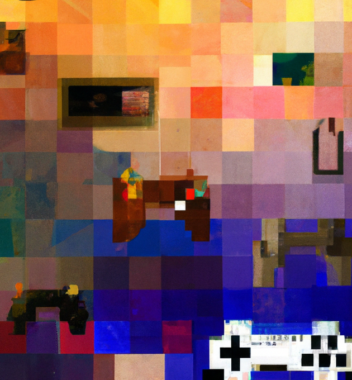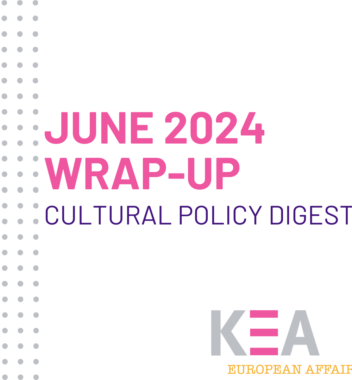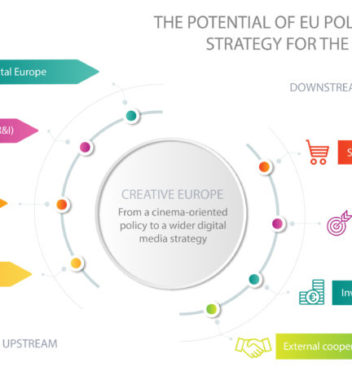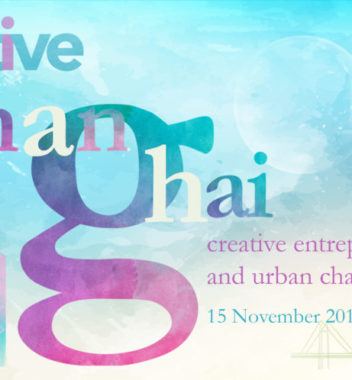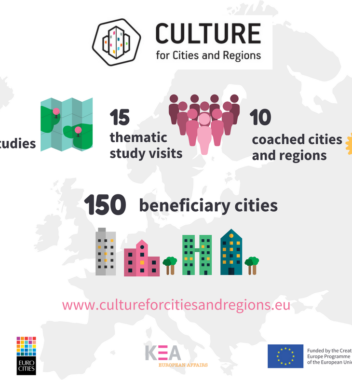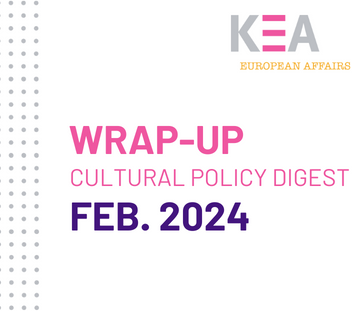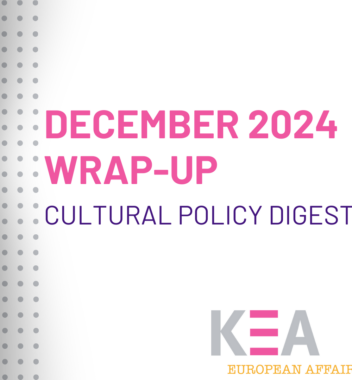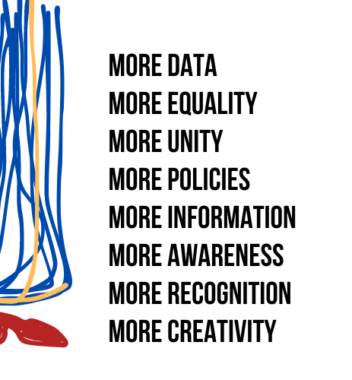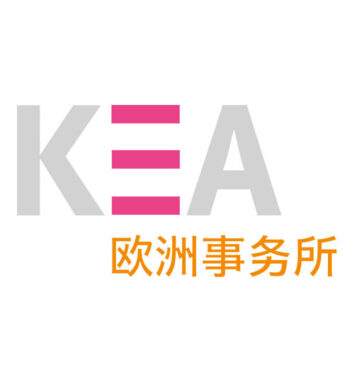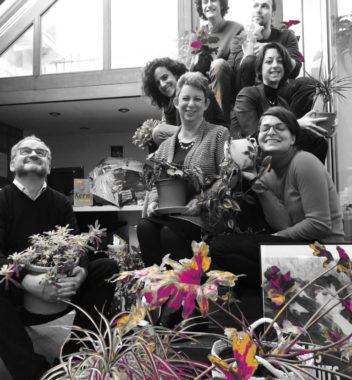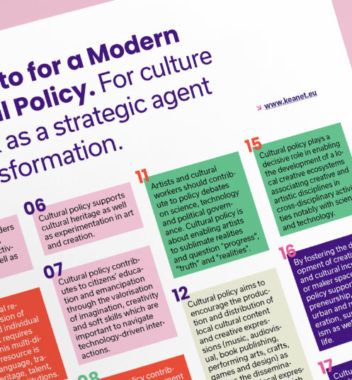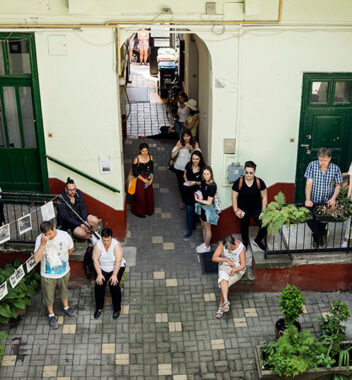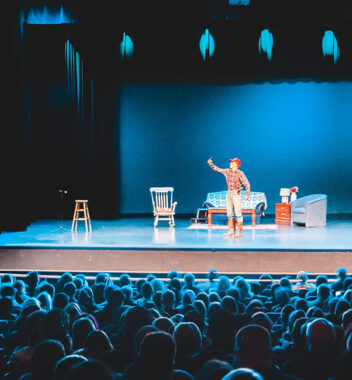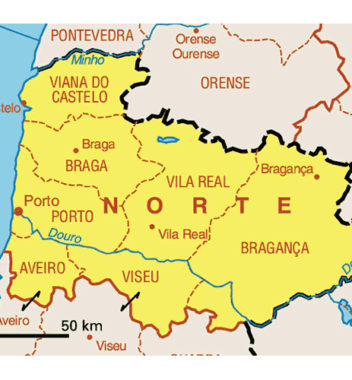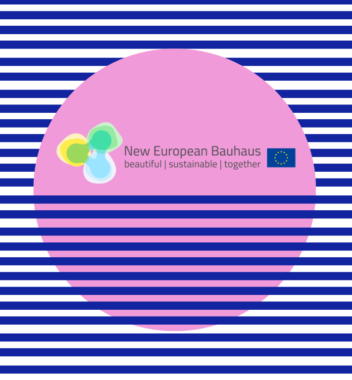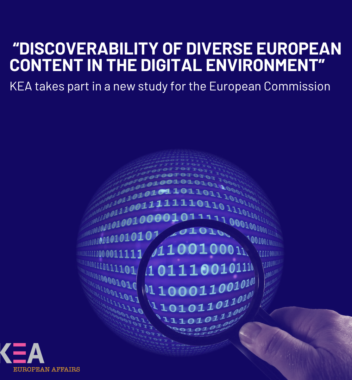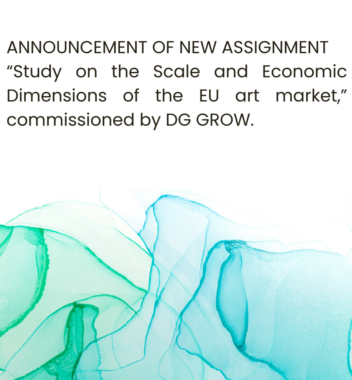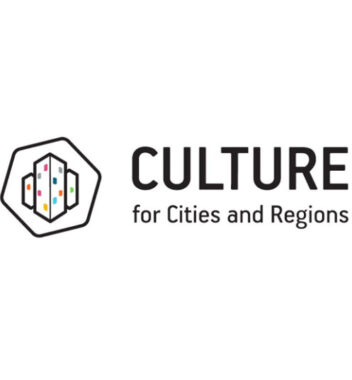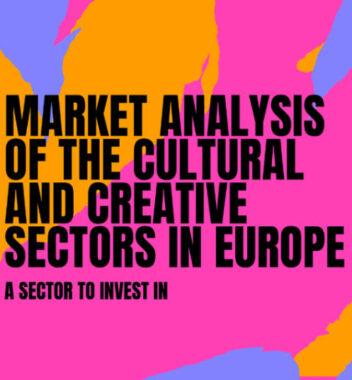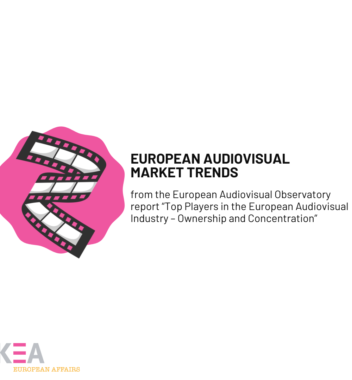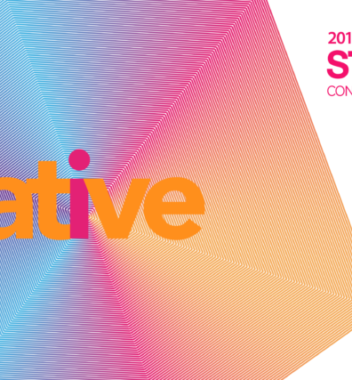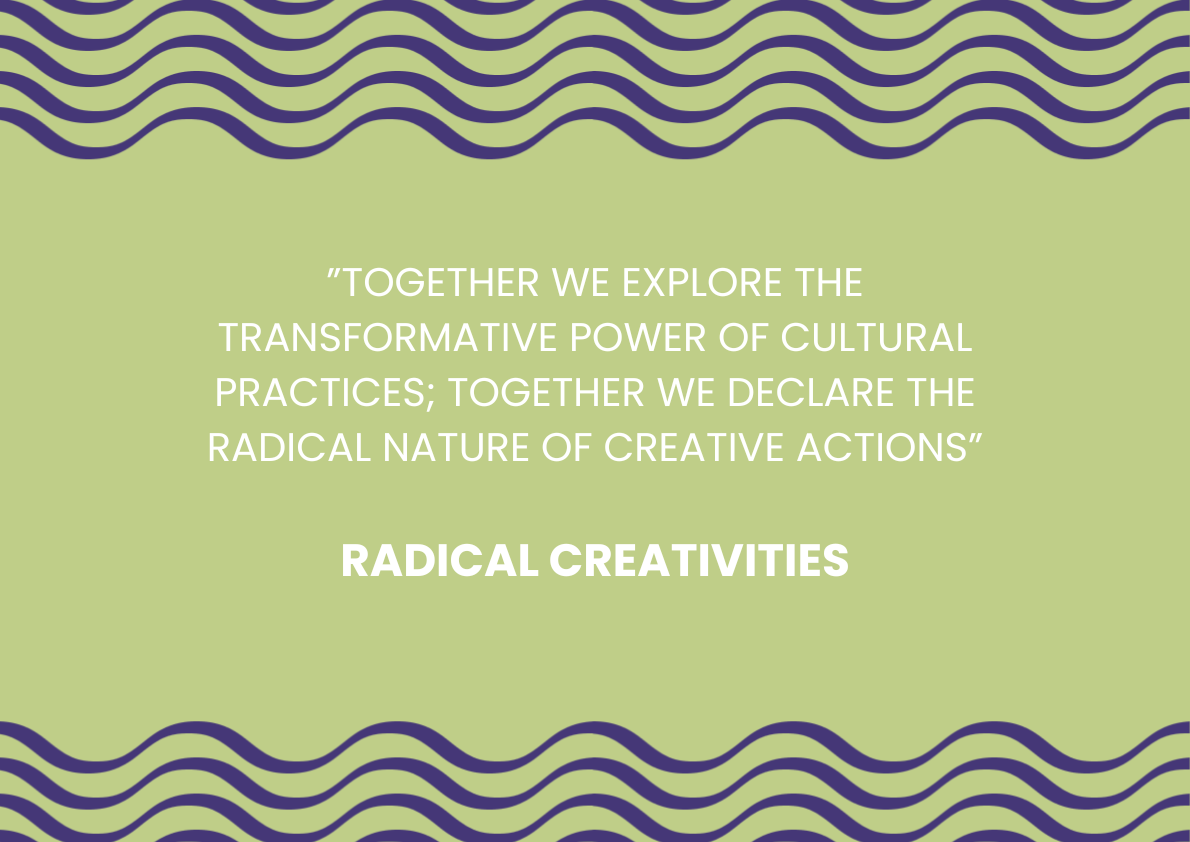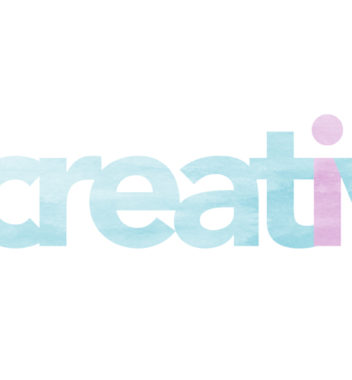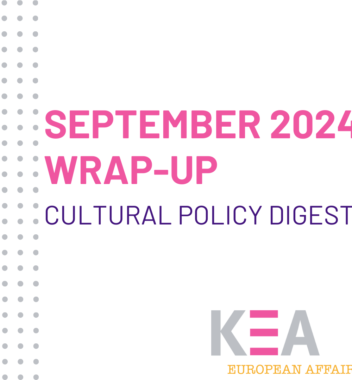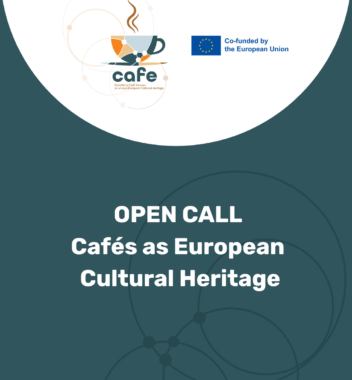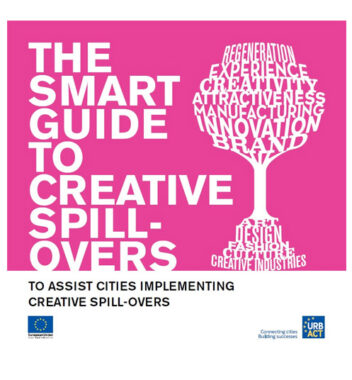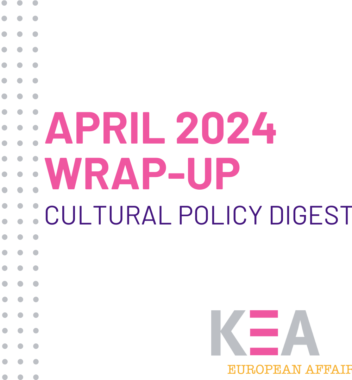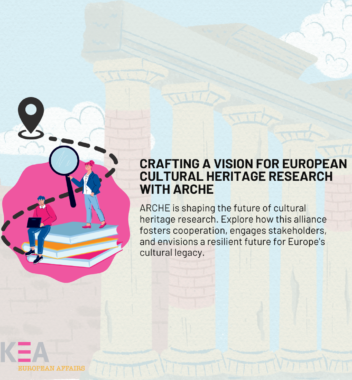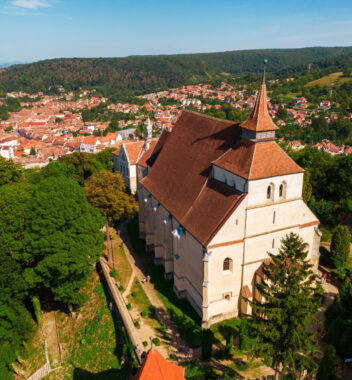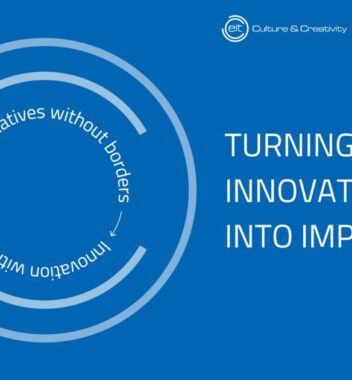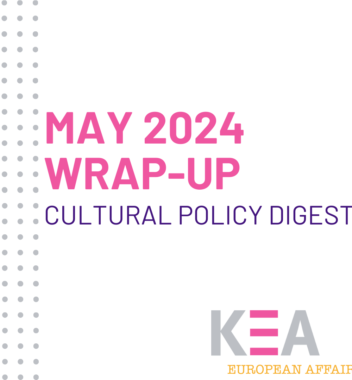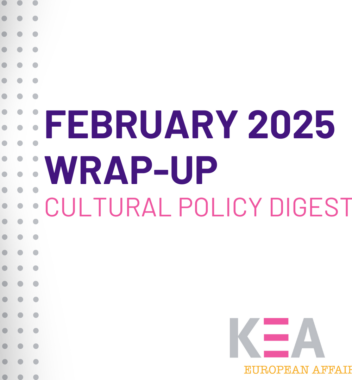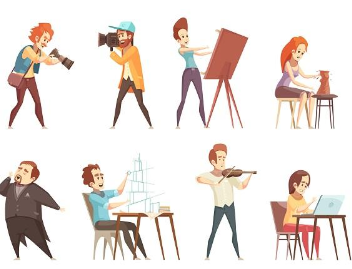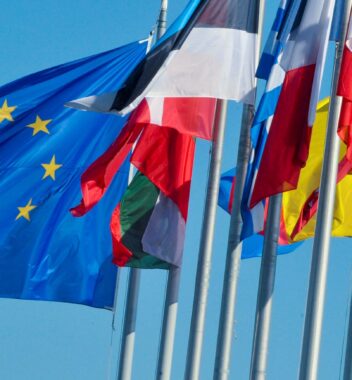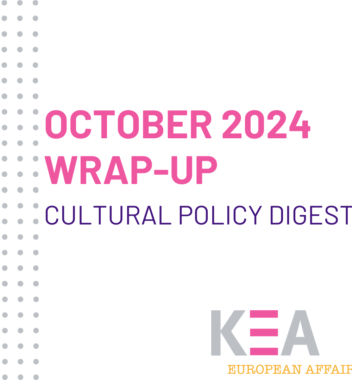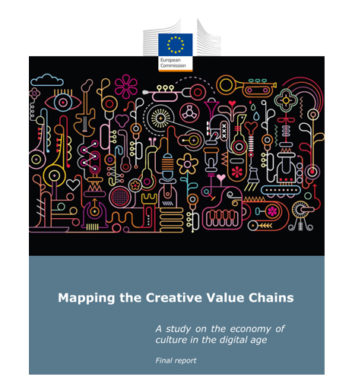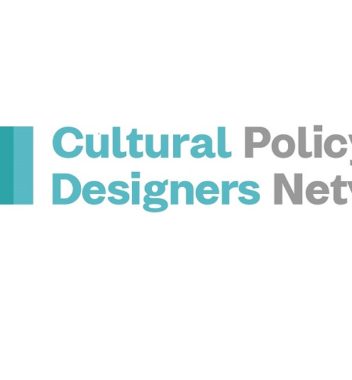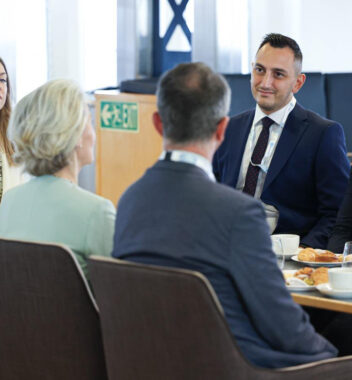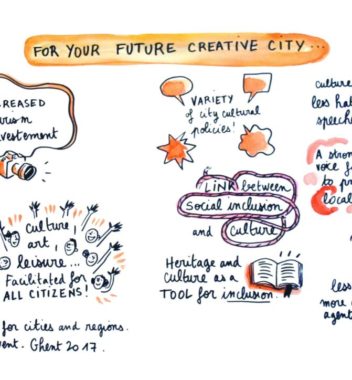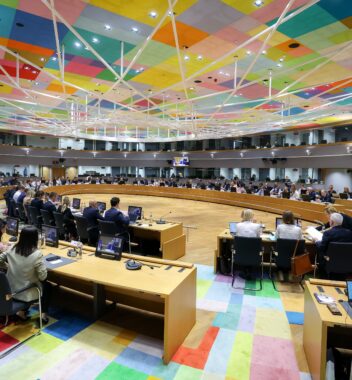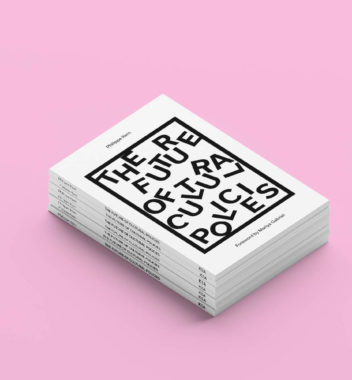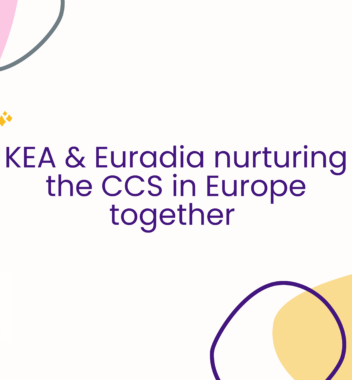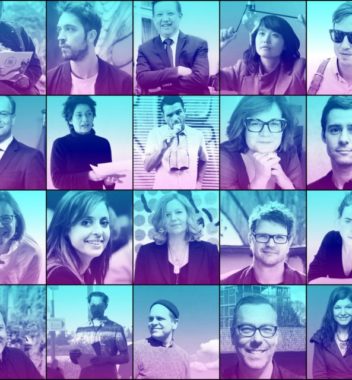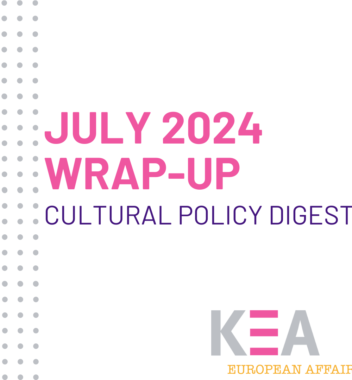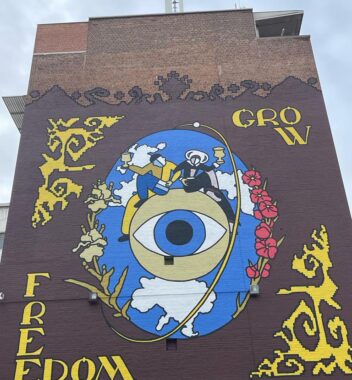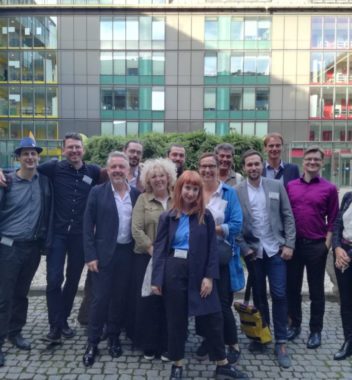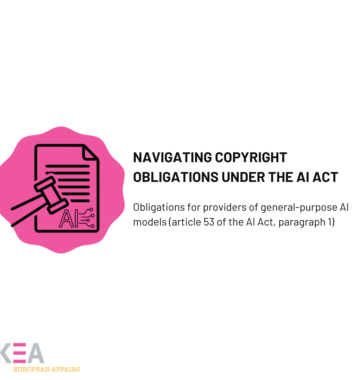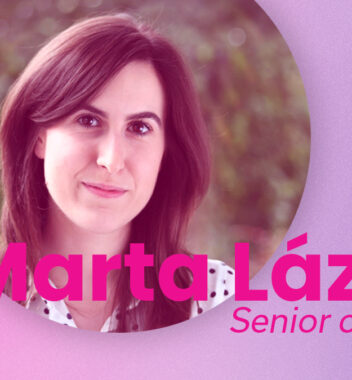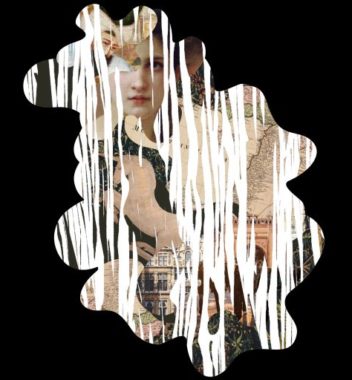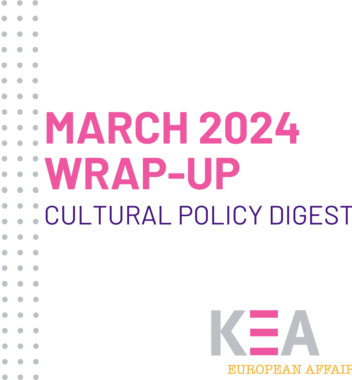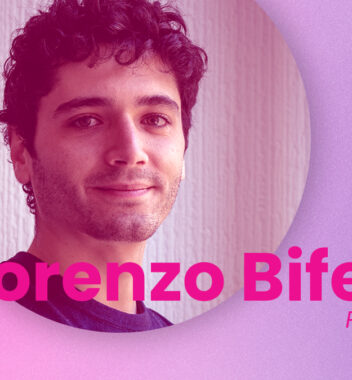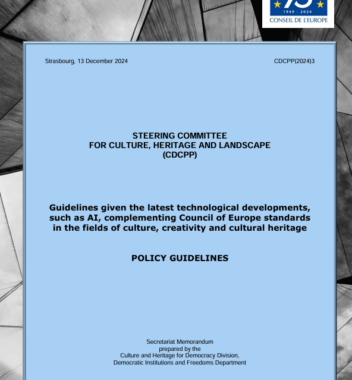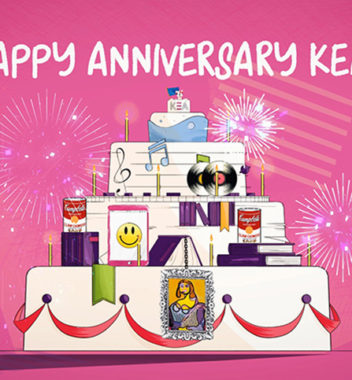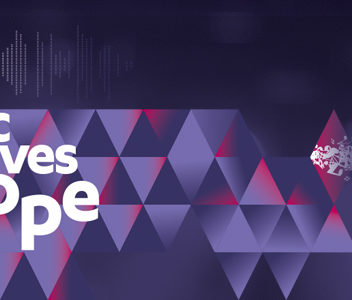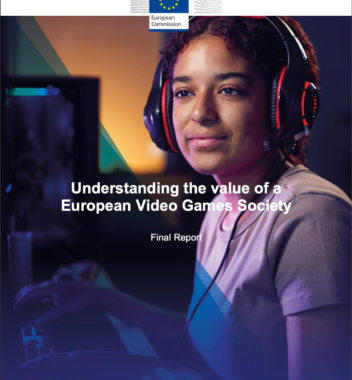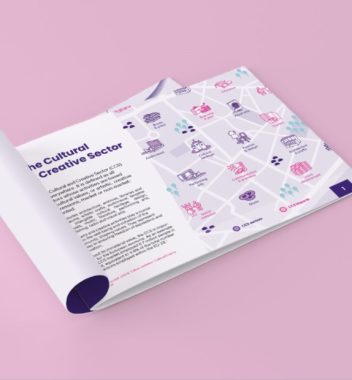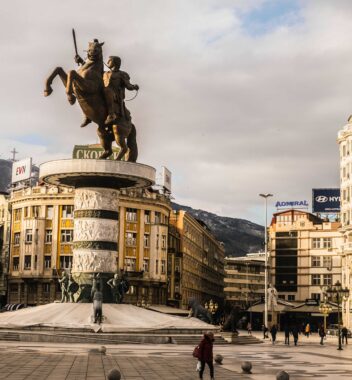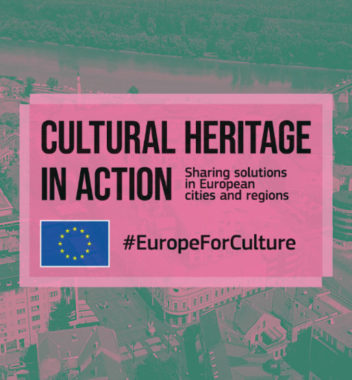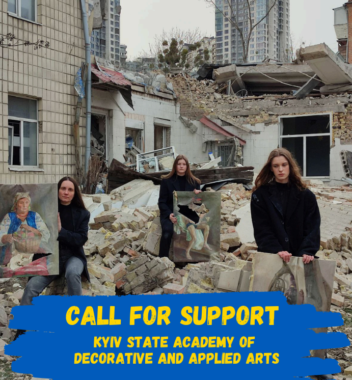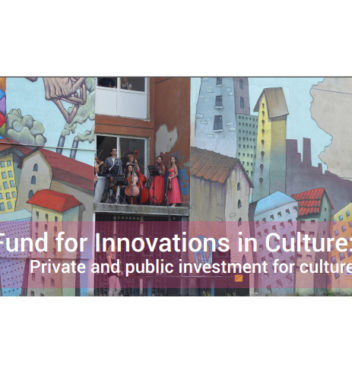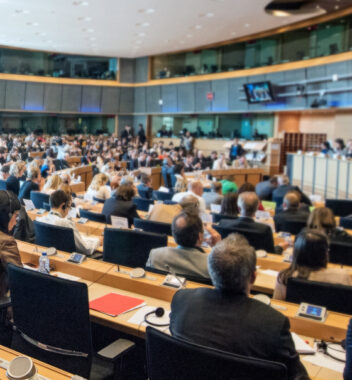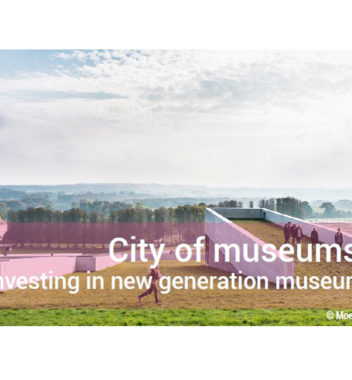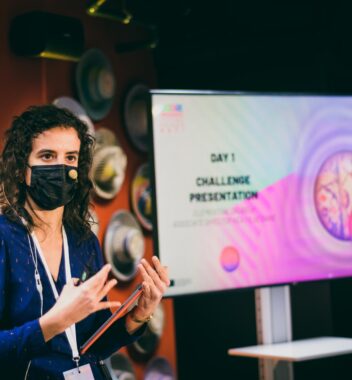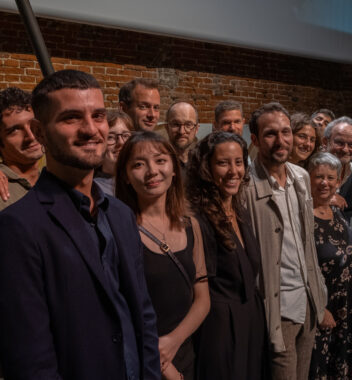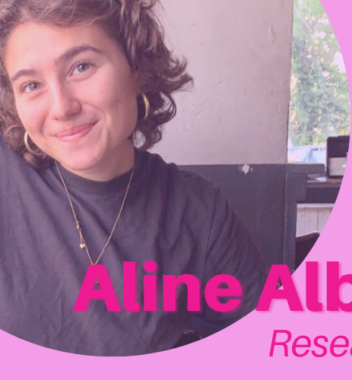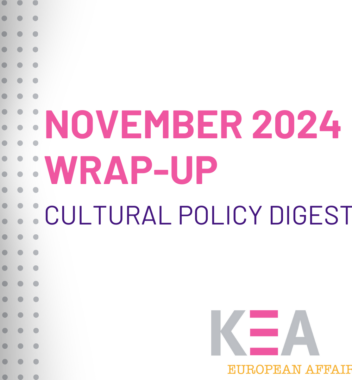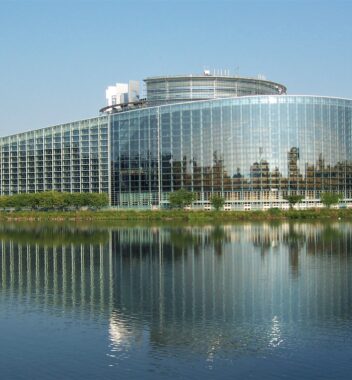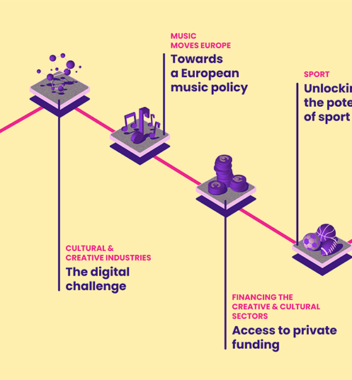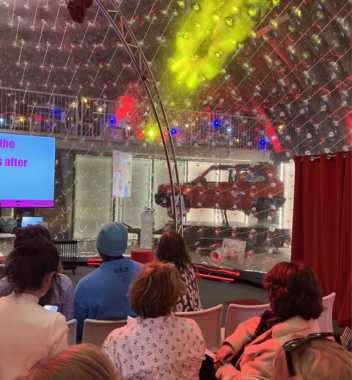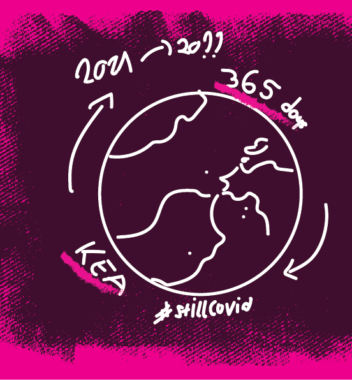
Yesterday, we celebrated World Creativity and Innovation Day, an open invitation to reflect upon the role played by creativity and innovation in promoting sustainable development and finding new ways to overcome global challenges celebrated annually on April 21st.
The CCS are intrinsically innovative and creative, but how can the impacts generated by them be measured? How can researchers go beyond the mere assessment of the economic effects of cultural programs and policies? And what is KEA currently doing in this domain?
World Creativity and Innovation Day
The 21st of April is the World Creativity and Innovation Day, designated by the United Nations to raise awareness of the role of creativity and innovation in the context of economic, social, human, and sustainable development. Its purpose is to underpin the importance of employing creativity and innovation in problem solving to advance the United Nations Sustainability Development Goals, while fostering multidisciplinary thinking at the individual and group levels and strengthening the creation of new alliances and synergies.
Cultural and creative activities, initiatives and programs deeply impact individuals, communities and the society at large. Numerous studies have been conducted in this field, confirming the prominent role of the arts in generating income, creating job opportunities, and exporting earnings on one hand, while simultaneously fostering social cohesion, promoting diversity, improving people’s well-being, and supporting the flourishing of democratic and participatory practices on the other.
The impacts generated by the CCS
However, although it has acquired a central role in the public debate over the last decades, measuring the positive impacts of culture is still a difficult task to achieve given the qualitative nature and the complexity of the effects it can produce. “Impacts” can be understood as the changes produced by an action or a series of actions, strategies or programs designed and implemented to generate those changes, hereby allowing to comprehend if and to what extent a project or an action has reached its strategic objectives. Impacts can be direct or indirect, and they can pertain to different dimensions – they can thus be economic, social, cultural or environmental. Their evaluation can be conducted before, during or after, depending on the designated goals, and can be considered an opportunity to learn and improve continuously – in which case the evaluation can be defined as “informative”.
The economic impacts of cultural and creative actions and policies are assessed more frequently, because they are easier to measure due to their quantitative nature. Furthermore, the economic impact is perceived as extremely relevant as the public funding directed towards the production and dissemination of culture in many countries is still heavily legitimized by the economic impact it can generate, rather than the social, cultural, and environmental ones. However, innovative approaches have been developed in recent years to try to capture the values and effects achieved by cultural policies.
MESOC – Measuring the Social Dimension of Culture
One relevant instance is constituted by MESOC – Measuring the Social Dimension of Culture – a Research and Innovation Action funded by H2020 of which KEA was a partner of. The Action was designed to propose, test and validate an innovative and original approach to measuring the societal value and impacts of cultural policies and practices beyond their economic impact, related to three crossover themes of the European Agenda for Culture:
- Health and Well-being;
- Urban and Territorial Renovation;
- People’s Engagement and Participation.
To do so, MESOC adapted and further developed a method for “transition based” impact assessment derived from a previous UNESCO Chair publication, building a structural model of the Societal Dimension of Culture. This alternative approach to impact measurement is based on ex-ante and/or ex-post reconstruction of the theory of change, according to which desired long-term goals of specific actions are identified, and subsequently researchers need to work back from these to determine all the conditions (outcomes) that must be in place for the goals to occur.
A participative and co-creative approach has been deployed in MESOC, as the model was tested within 11 European city pilots. The ultimate output of the project is the MESOC Toolkit – a free and open access online service to be used by both researchers and practitioners to measure the societal value and impacts of cultural policies and practices.
Current impact evaluations at KEA
KEA is currently working on several impact evaluations, including the assessment of two of the most prominent European-funding schemes in the cultural and creative sectors – the Creative Europe and the European Capitals of Culture (ECoC) programmes, both conducted in partnership with Ecorys.
Both studies are aimed at assessing the programmes based on five selected criteria: effectiveness, efficiency, relevance, coherence, and added value. Additionally, they seek to explore the long-term impacts of the actions, while providing informative insights to identify potential enhancements for future implementations.
Quantitative and qualitative data will be collected through desk research and literature review, statistical data mapping, interviews, focus groups, public consultations, case studies and validation workshops, and will be subsequently analysed to assess not only the cultural and economic impacts of the programmes, but also the effects that these two actions generate in terms of cultural diversity, urban regeneration, increase in international recognition, cultural participation and accessibility, circulation of content and mobility, community engagement, capacity building, and cultural production and dissemination.
📢 Calling all experts and enthusiasts in cultural and creative sectors!
Do you have valuable insights, reports, or policy papers related to cultural impact evaluations? We want to hear from you!
Whether you’re a researcher, policymaker, or industry professional, and you think you can contribute to our ongoing assessments of Creative Europe and European Capitals of Culture programmes, share your expertise with us and be part of the conversation.
Together, let’s drive positive change in the cultural and creative sectors!


